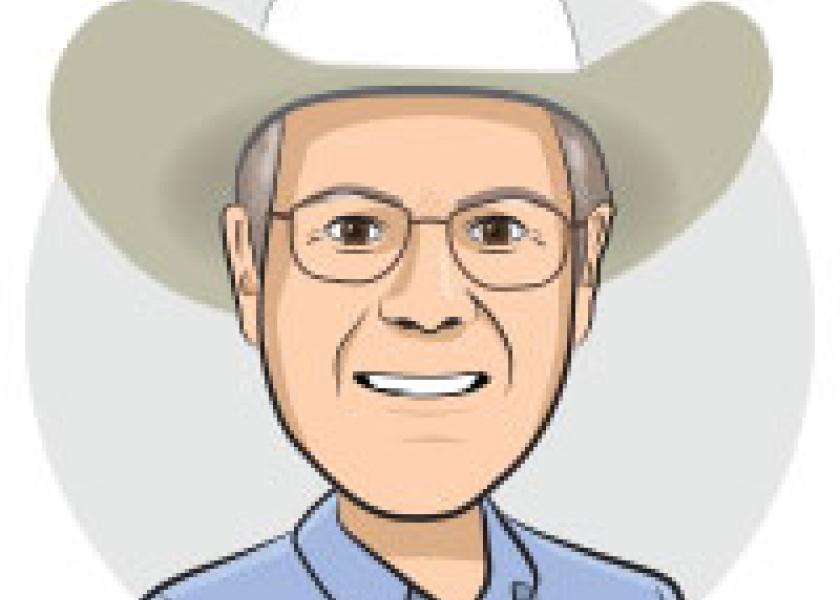A Western Governor Is At Odds With Agriculture

One of America’s fastest growing states, Colorado ranked ninth in job growth last year and was attracting new residents at a steady clip. Good schools, affordable housing and the state’s abundance of recreational areas are just a few amenities that have boosted the state’s population to 5.8 million.
Unfortunately, Colorado also represents a classic example of how society and its urban population often clash with agriculture. In Colorado’s case, it starts at the top with Governor Jared Polis who was sworn into office in January 2019.
Ag leaders say the first disturbing sign of Polis’ agenda was his appointment of Kate Greenburg as Colorado’s Agriculture Commissioner. She's the first woman in the job since the office was created in 1949, but farmers and ranchers are more concerned that she has no production agriculture background. She does, however, have a degree in environmental studies and experience managing Western environmental policy field programs.
Okay, no one really expects a 21st Century governor or ag commissioner to know how to milk a cow or castrate a calf. But is it too much to ask that they understand food doesn’t just come from the grocery store?
Last summer Polis stubbed his toe again – at least with ranchers – when he posted a glowing review of Burger King’s plant-based Impossible Burger on Facebook. Later he encouraged his Agriculture Department staff to seek ways Colorado could help meet the needs for plant-based proteins. He also ordered an Impossible Burger lunch for all ag department staff at a new research facility. One Colorado newspaper editor said “Impossible Burgers in cattle country is like a cow pie at a tea party.”
Cowboys, including State Senator Jerry Sonnenberg, were less than impressed with Polis’ fawning over fake burgers. Sonnenberg, who ranches near Sterling in eastern Colorado, became a vocal critic of Polis’ actions, reminding the governor that Colorado’s beef industry is a $4 billion business and agriculture’s economic impact is more than $40 billion annually providing over 173,000 jobs.
One might forgive a blunder or two from a new governor. But Polis’ latest appointment makes his anti-agriculture agenda clear. In August Polis named Ellen Kessler as his choice to fill the public at-large position on the State Board of Veterinary Medicine. Kessler is described as an outspoken vegan and activist with political convictions diabolically opposed to production agriculture.
In a letter to other state legislators, Senator Sonnenberg called for Kessler’s nomination to be rejected and for Coloradans to stand against Polis’ “war on rural Colorado.” Sonnenberg also claims Kessler’s views are so radical she claims 4-H clubs “teach children that animal lives don’t matter.”
“How can a professed vegan activist,” Sonnenberg asks, “make unbiased decisions about veterinary matters in an industry she wants to dismantle?” Indeed.
Ag leaders in other states are likely asking similar questions as they struggle with the divide between urban and rural communities.







